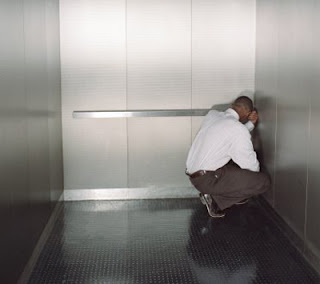You may have heard about depression many times and indeed, depression is common and most often, people with this disorder do not seek treatment. If you are one of those suffering from depression, it is important to note that there are ways to overcome depression and you can actually seek treatment.
You have to understand that depression is more than just being down and sad. It can include symptoms like loss of interest in the things that you use to enjoy and may include difficulties of sleeping, loss of energy as well as weight loss. Not only that, it may also include thoughts of death or committing suicide, thus it is important for you to not wait for depression to destroy your life before seeking treatment.
Exercising your mind and body
Indeed, your thoughts, your emotions as well as your physical self will be drained with depression and finding ways to overcome depression as early as possible can be a wise move. You may start with some simple steps like having regular exercise to help you ease off the tension in your body. Meditation is also a good way to help you learn proper breathing and learning how to relax. It will also help you empty your mind and make you stay calmer.
Finding support groups
Finding support groups, from families, friends, to people suffering from the same disorder is also one of the good ways to overcome depression and manage its effects in your life. Talking about your disorder with people going through the same problem will also help you find new strength in dealing with the symptoms of depression.
Medical treatment for depression often involves antidepressant medications, SSRIs and some anti-anxiety medications, although experts often recommend getting therapies together with medications and not just rely on drugs itself to successfully fight depression.
Psychotherapy and NLP
One of the most effective ways to overcome depression is through psychotherapy. In fact, psychotherapy is considered the most effective treatment for depression and other anxiety disorders and problems. Although there are many psychotherapy techniques used in treating depression, addiction and anxiety disorders, NLP or Neuro-Linguistic Programming is found to have quick results when it comes to overcoming depression. NLP also allows you to overcome depression without having to take drugs and of course, a much healthier way to combat this disorder.
Not only does NLP help you fight your depression but also helps you in improving your life from your career, to interpersonal relationships and in gaining more self-confidence and self-esteem. Aside from depression, it also helps you overcome other hard to break habits as well as fears and phobias.
Aside from NLP, hypnotherapy as well as cognitive behavioral therapy or CBT are also other effective techniques that are used in overcoming depression, anxiety disorders as well as treating phobias and fears.
Indeed, you can find ways to overcome depression and put an end to this disorder, for as long as you seek help and if you will allow yourself to be completely healed from this devastating disorder. You just have to take that first step to healing and that is seeking help.



